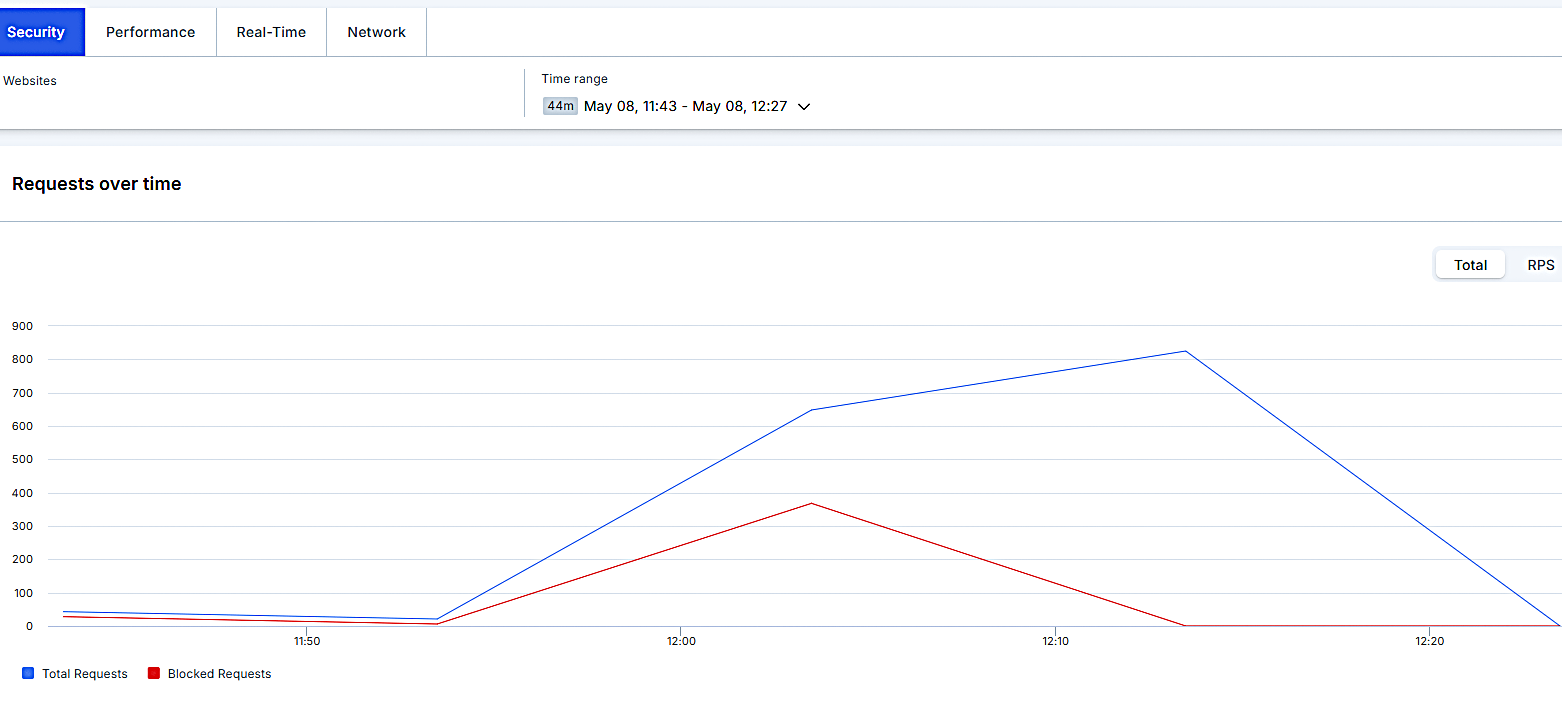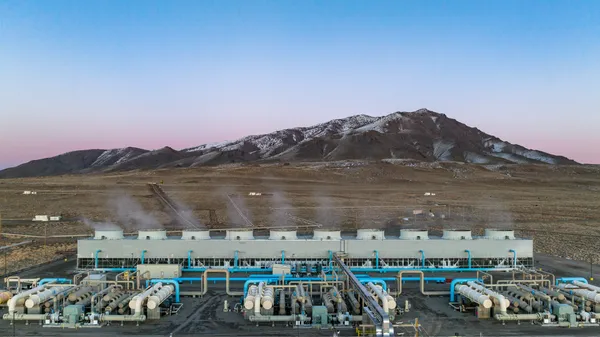The Download: taking the temperature of snow, and the future of privacy
This is today’s edition of The Download, our weekday newsletter that provides a daily dose of what’s going on in the world of technology. Why climate researchers are taking the temperature of mountain snow The Sierra’s frozen reservoir provides about a third of California’s water and most of what comes out of the faucets, shower heads, and…

This is today’s edition of The Download, our weekday newsletter that provides a daily dose of what’s going on in the world of technology.
Why climate researchers are taking the temperature of mountain snow
The Sierra’s frozen reservoir provides about a third of California’s water and most of what comes out of the faucets, shower heads, and sprinklers in the towns and cities of northwestern Nevada. As it melts through the spring and summer, dam operators, water agencies, and communities have to manage the flow of billions of gallons of runoff, storing up enough to get through the dry summer months without allowing reservoirs and canals to flood.
The need for better snowpack temperature data has become increasingly critical for predicting when the water will flow down the mountains, as climate change fuels hotter weather, melts snow faster, and drives rapid swings between very wet and very dry periods.
In the past, it was hard work to gather this data. Now, a new generation of tools, techniques, and models promises to ease that process, improve water forecasts, and help California and other states manage in the face of increasingly severe droughts and flooding. However, observers fear that any such advances could be undercut by the Trump administration’s cutbacks across federal agencies. Read the full story.
—James Temple
MIT Technology Review Narrated: What’s next for our privacy?
The US still has no federal privacy law. But recent enforcement actions against data brokers may offer some new protections for Americans’ personal information.
This is our latest story to be turned into a MIT Technology Review Narrated podcast, which we’re publishing each week on Spotify and Apple Podcasts. Just navigate to MIT Technology Review Narrated on either platform, and follow us to get all our new content as it’s released.
The must-reads
I’ve combed the internet to find you today’s most fun/important/scary/fascinating stories about technology.
1 The US is warning other countries not to use Huawei’s chips
If they do, they may face criminal penalties for breaching US export controls. (FT $)
+ The Trump administration has axed the ‘AI Diffusion Rule’ for chips. (WSJ $)
+ It may move towards negotiating deals with countries directly. (Bloomberg $)
2 US tech firms are inking AI deals with the Middle East
Among the biggest of which is Nvidia. (The Guardian)
+ Tech leaders accompanied Trump on his trip. (WP $)
3 A new treatment for inherited breast cancer was trialed successfully
The drug olaparib can help to significantly improve survival rates. (BBC)
4 TikTok workers fear a new messaging feature could be exploited
But the company is pressing ahead with it anyway. (The Information $)
5 Apple is working on brain-computer interfaces for its products
People with brain implants could one day use them to control their devices. (WSJ $)
+ Brain-computer interfaces face a critical test. (MIT Technology Review)
6 What’s next for NASA?
The agency is poised for its most radical shakeup in decades. (Ars Technica)
+ NASA has made an air traffic control system for drones. (MIT Technology Review)
7 Finland is harvesting heat from its data centers
While no data center is good for the environment, this helps lessen their footprint. (Bloomberg $)
+ The next data center hub? India. (FT $)
+ These four charts sum up the state of AI and energy. (MIT Technology Review)
8 Airbnb wants to become the next everything-app
It wants to expand beyond vacations and into a community platform, apparently. (Wired $)
+ Hotel-like services, anyone? (NYT $)
+ Its host features have been overhauled, too. (The Verge)
9 The FBI is buying new tech to help it see through walls
Thanks to radar. (New Scientist $)
10 Baidu is planning to launch its robotaxis in Europe  Read More
Read More






























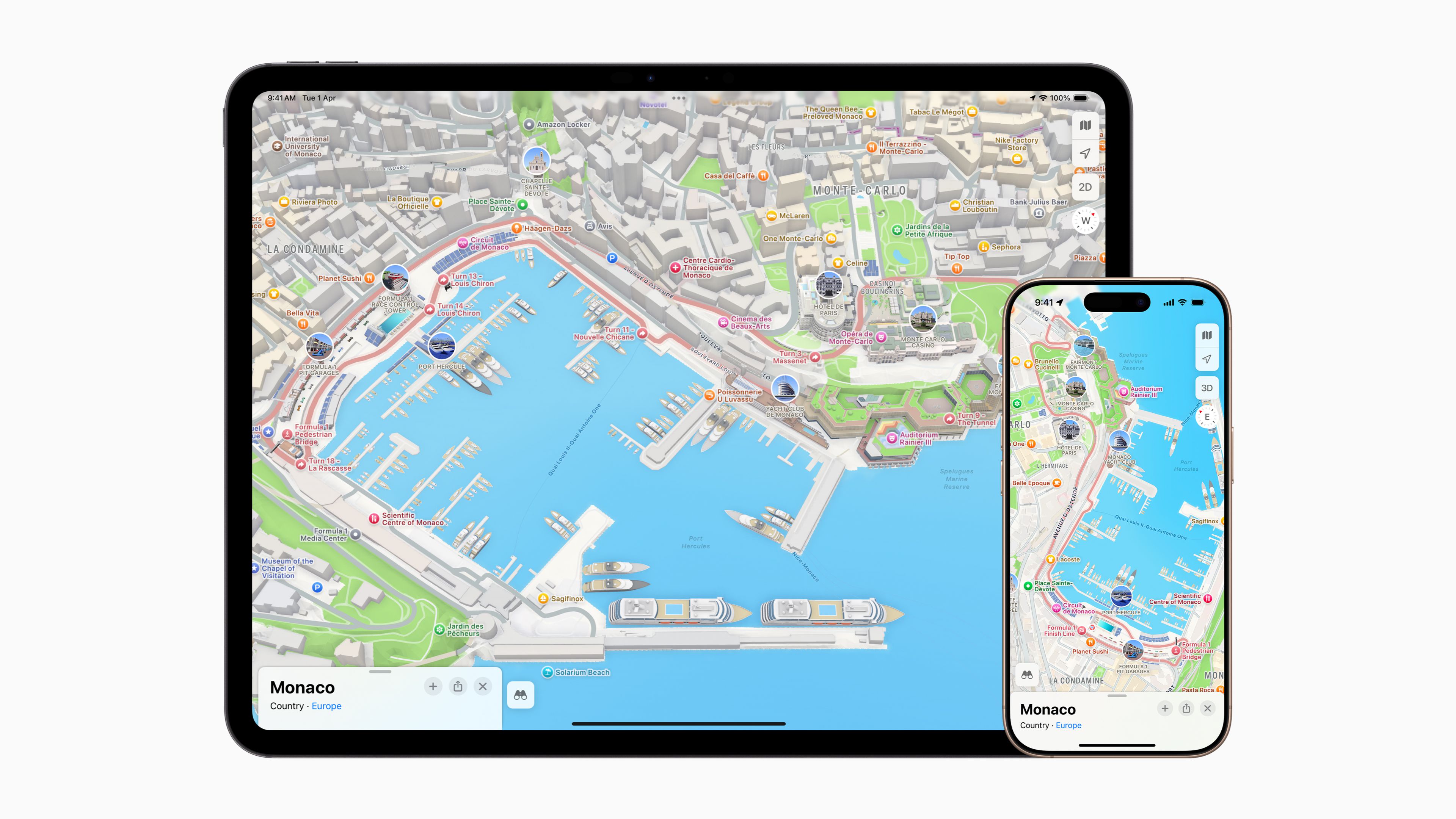











































![Apple Unveils Powerful New Accessibility Features for iOS 19 and macOS 16 [Video]](https://www.iclarified.com/images/news/97311/97311/97311-640.jpg)




















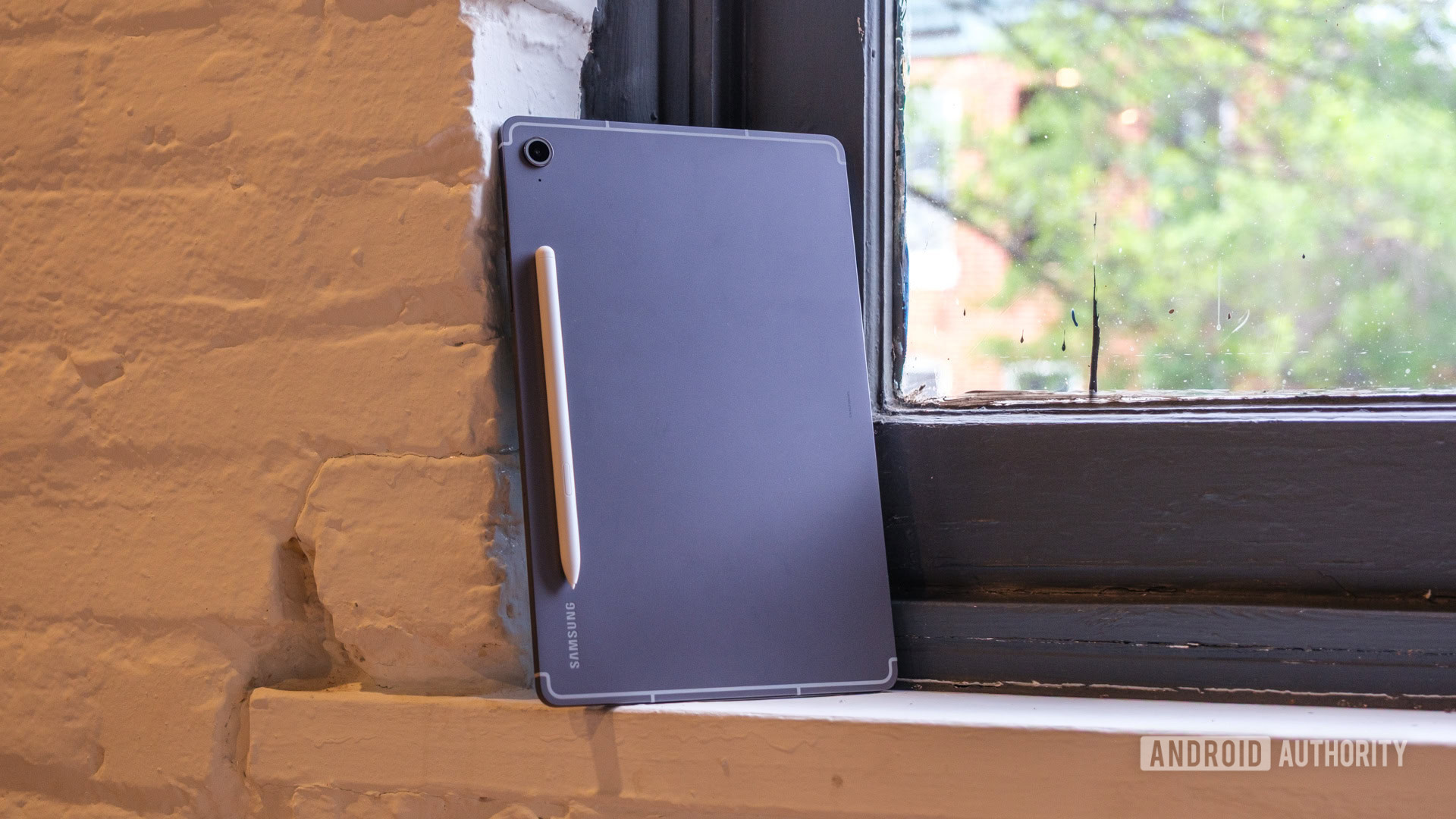



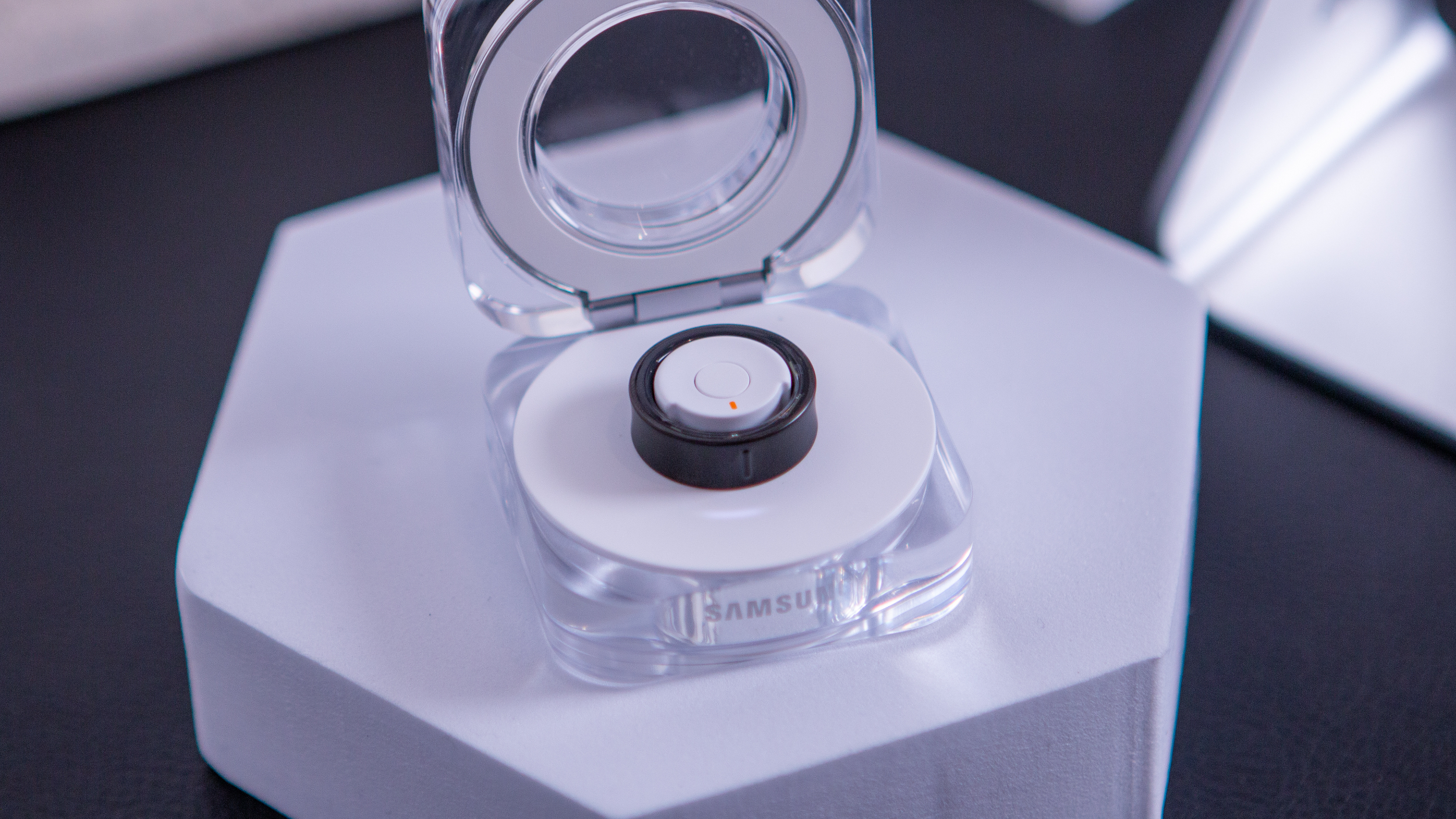





-xl.jpg)
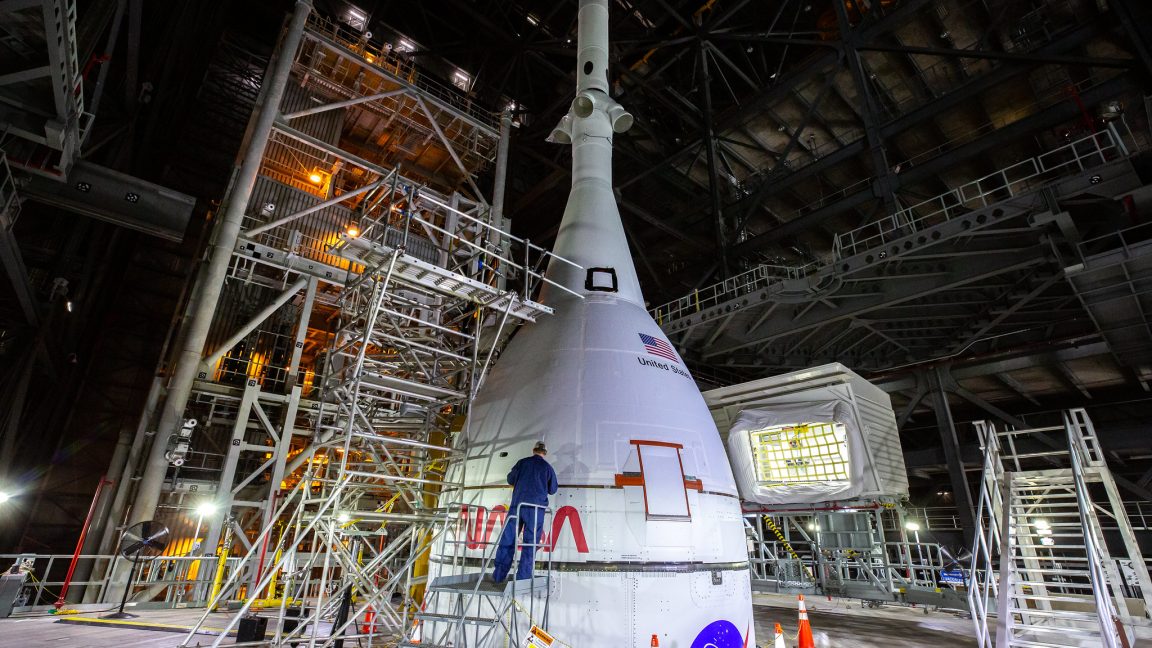

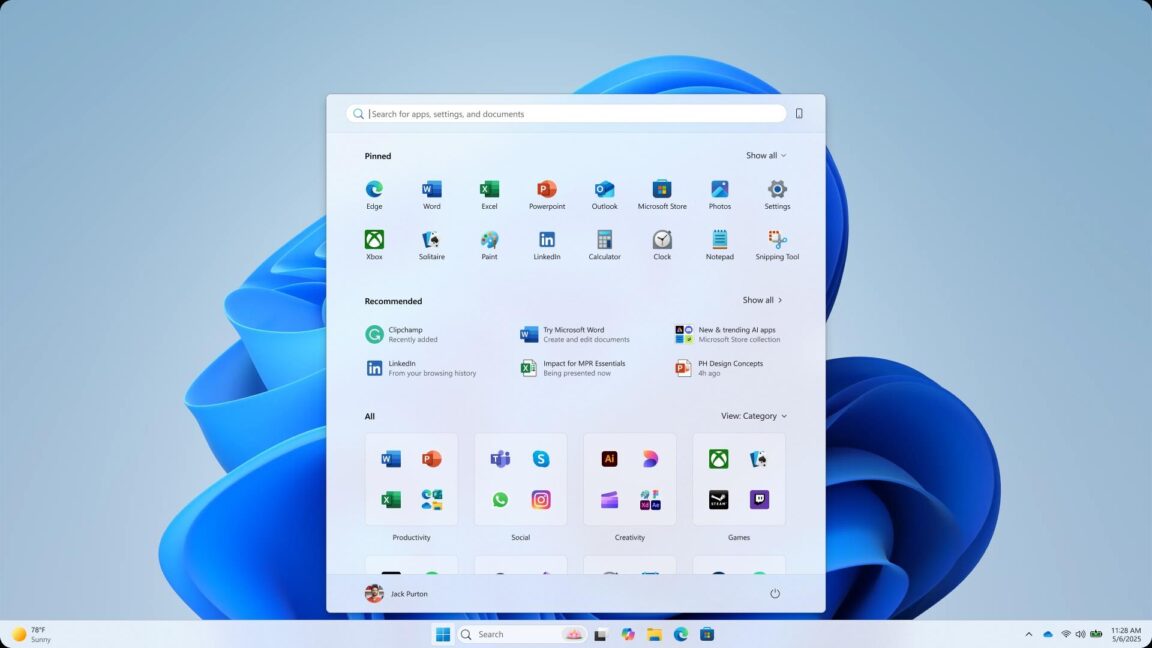
























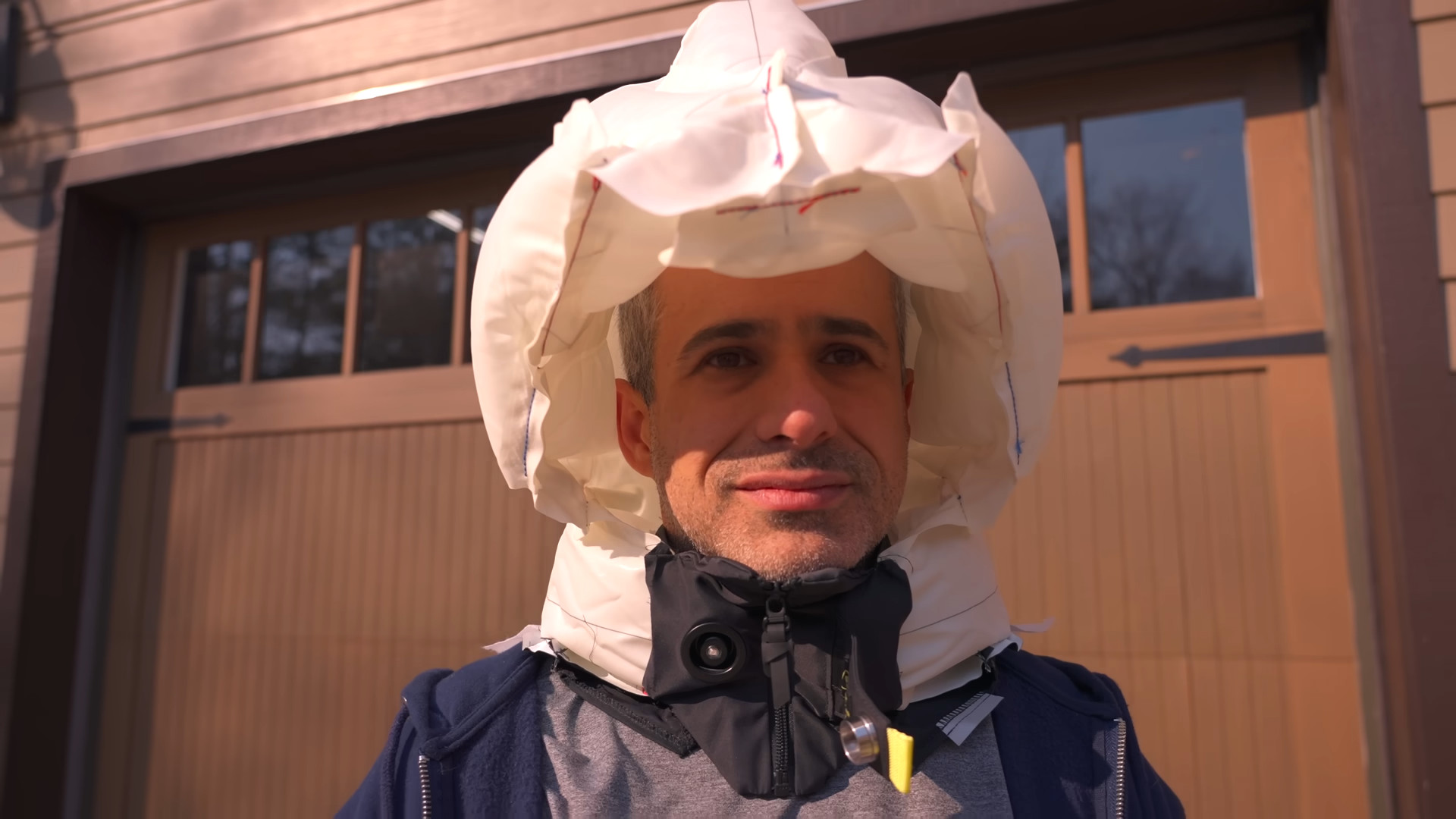


























































































































































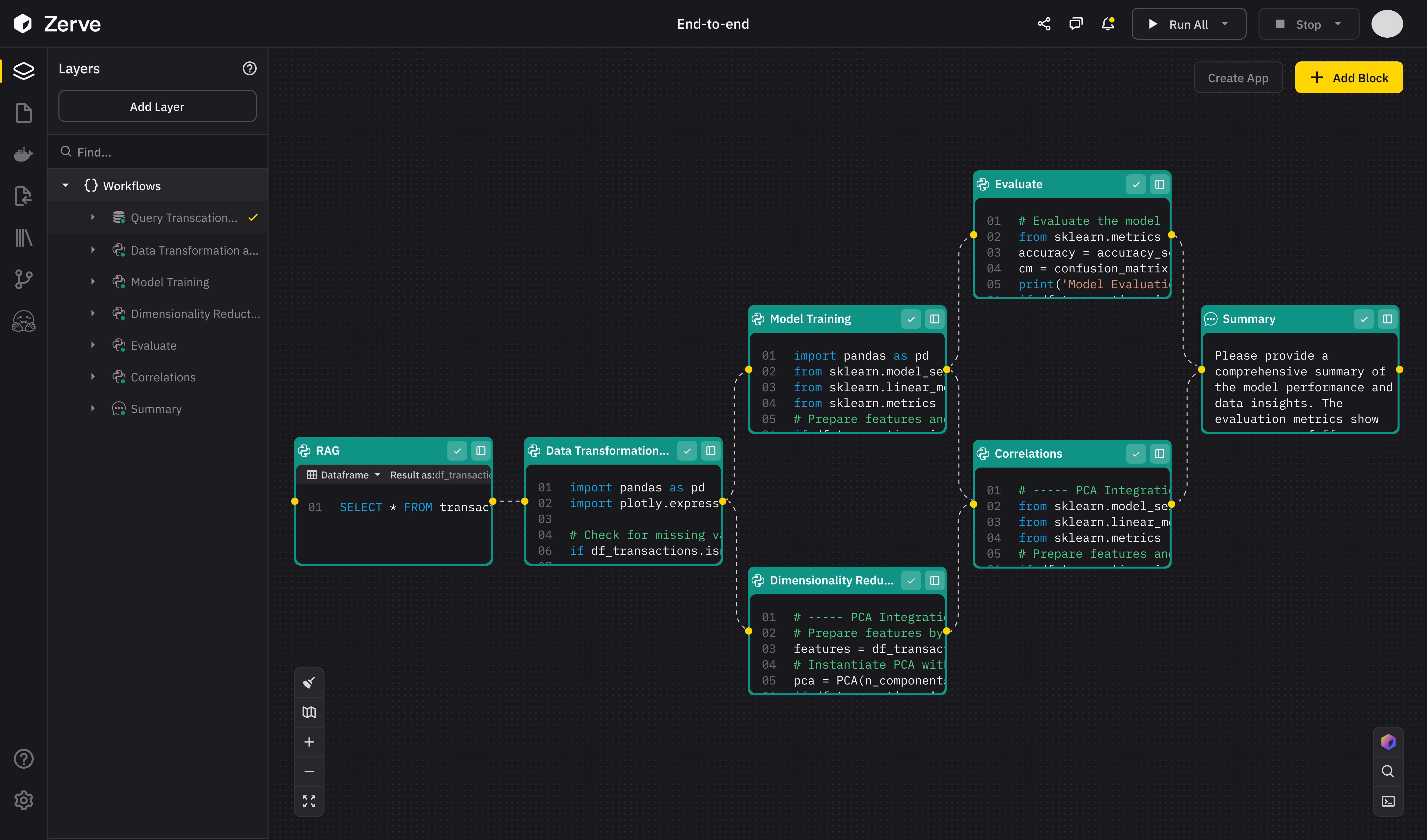














![[The AI Show Episode 147]: OpenAI Abandons For-Profit Plan, AI College Cheating Epidemic, Apple Says AI Will Replace Search Engines & HubSpot’s AI-First Scorecard](https://www.marketingaiinstitute.com/hubfs/ep%20147%20cover.png)



































